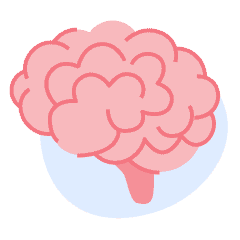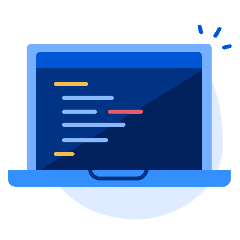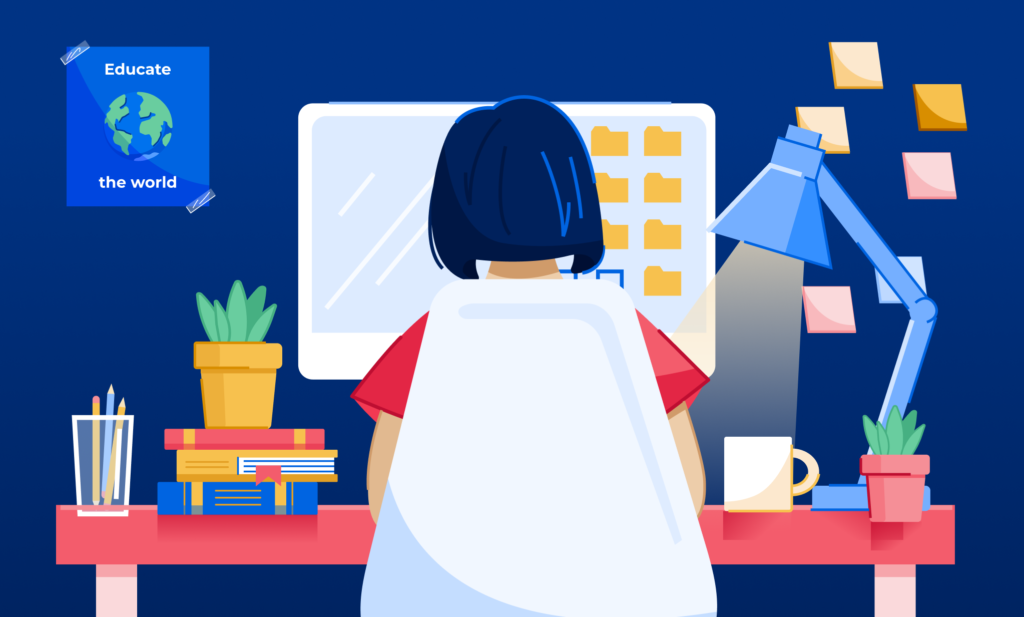It’s that time of the year again. Yes, you guessed it—exam season. For many students, this means cramming sessions, late nights, and a whole lot of caffeine. But this doesn’t have to be your reality. Today, we’re exploring four effective study habits that students—both international and domestic—can try this exam season to help finish off the semester strong.

1. Identify Your Learning Style
The first step to shaping effective study habits is identifying your learning style. When you understand how you learn, you can build your study habits around the style that best suits you.
The following are the most common learning styles:
- Solitary: Solitary (also known as intrapersonal) learners work best when they’re alone with their thoughts with few distractions.
- Kinesthetic: Kinesthetic learners understand concepts best when they can be hands-on. For example, creating and acting out a skit to remember the process of photosynthesis.
- Logical: Logical learners have mathematical brains. To understand theories and concepts, they prefer to group them into categories to connect what they’re learning.
- Social: Social (also known as interpersonal) learners prefer collaborating with others and learning in groups.
- Verbal: Verbal learners learn through reading and writing.
- Visual: Visual learners absorb information spatially by looking at visual concepts, watching others create them, and then creating them independently.
- Auditory: Auditory learners prefer to listen to information to understand it.
Your learning style may be a combination of the ones outlined above. If you’re not sure which one(s) are your learning style, take this free quiz to find out. You’ll receive study tips based on your style of learning with your quiz results.

2. Study at the Same Place and Time
For many students, it can be challenging to concentrate and stay focused while studying. Even during exam season, it’s tough not to think about the million other things on your to-do list. An unfocussed mind can have a significant impact on the quality of your study time.
One way to increase your concentration is to choose your surroundings carefully. Studying at the same time and place each day can help you achieve a higher level of focus through associative thinking.
For example, when you sit down at your dining room table at six o’clock in the evening, you expect to eat dinner. Similarly, if you study at the same place and time each day, your brain will begin to associate that spot with study time. As a result, helping your mind form this connection will ultimately improve your concentration and grades.

3. Aim to Understand, Not Just Memorize
It’s common for students to study to memorize rather than study to understand. Memorizing course material means finding ways to remember and recall facts. In comparison, understanding goes further and will help you apply new concepts and knowledge to multiple scenarios.
College and university exams often test students’ understanding of concepts and not just their ability to memorize them. According to the cognitive psychologist Dr. Yana Weinstein, it’s not that memorization isn’t as important as understanding, but rather, “understanding will naturally lead to memories being formed, without any effort to specifically commit things to memory, and practice retrieving them.” Next time you’re studying, set out to understand what you are learning, and you will likely memorize it as a result.

4. Study Offline When Possible
Studying on a laptop with a phone in hand means inevitable distraction for most students. So, combat these potential interruptions by going offline when possible.
Switching off your internet connection allows your brain the quiet it requires to concentrate and effectively study course material. According to Science Daily, “media multitasking during schoolwork interferes with students’ attention and working memory. Students’ learning is shallower and spottier; they understand less and have difficulty recalling what they have learned and applying it in new contexts.” These distractions can diminish note-taking ability, reading comprehension, overall test performance, and ultimately, grade point average.
Elevate this study habit by taking notes by hand while your laptop and phone are offline. Research continuously shows that writing out your notes helps your brain to absorb what you’re writing. Various studies show that students who wrote their notes by hand performed better on conceptual questions than students who took notes on their laptops.
Go offline on all of your devices and pick up that pen during your next study session to reap these academic rewards!
Students who implement some or all of these study habits into their routines will be ready to excel on their finals this exam season!



